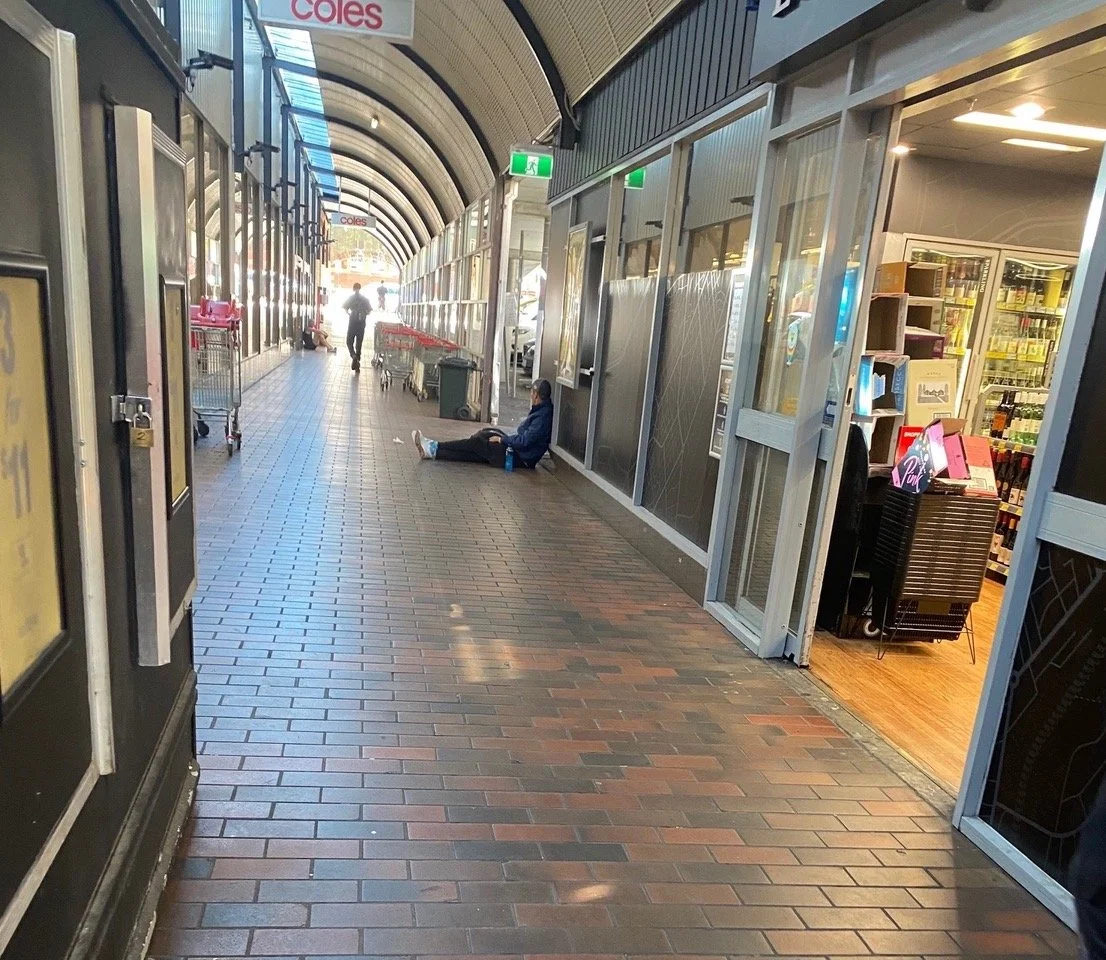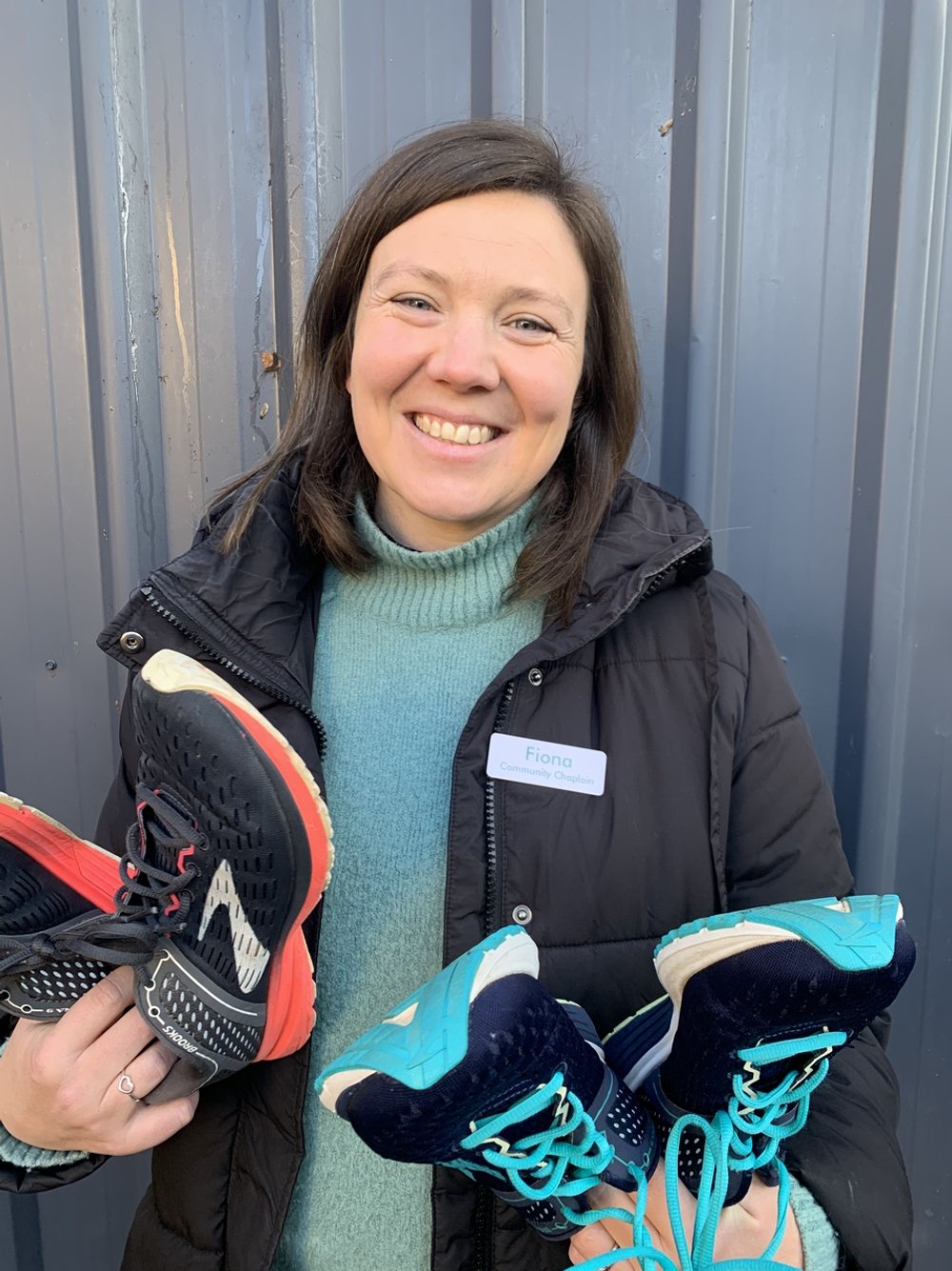MinisTree in the Central Victorian town of Bendigo is a dynamic and vital ministry which serves many local people living on the margins in locations across the city. Beginning just eighteen months ago, Fiona Preston, the church planter and community chaplain, has found a purpose and a rhythm that is sustainable, and is life giving for those to whom she ministers.
Fiona has a background in campus ministry in Melbourne and most recently in Bendigo at La Trobe University, a town of 120,000 an hour and a half north of Melbourne.
After conversations both with her local pastor and her bishop she considered, and then pursued, ordained ministry within the Anglican church, and by the end of 2019 she was an ordained Deacon. At that point Fiona began working as a Chaplain at Tarrengower Women’s Prison, where she still works today. After some time at Tarrengower, Fiona added Hospital Chaplaincy to her work schedule. Fiona found herself working with many men who were experiencing desperate addiction and isolation. These two experiences began in her a new and deeper insight into the grace of the gospel, and has inspired her work with MinisTree.
When asked about the work of MinisTree, Fiona reflects:
“MinisTree Bendigo, that was the dream. It was the idea that we wanted to go outside the walls of the church and do ministry on the streets, the ‘tree’ part representing growth and life, born out of the view that everybody is made equal and in the image of God.”
Fiona is passionate about providing dignity, respect, love, and grace to the people who find themselves in places of great need; specifically, people who are “rough sleepers”. Rough sleepers is a term that encompasses more than what is connoted by the term homelessness. A person who is a rough sleeper might not have a home, might be couch surfing, might have social housing but spends the bulk of their time with other rough sleepers, or might be a squatter living in a vacant property. A rough sleeper spends the majority of his or her time on the streets. Many have been incarcerated, have experienced complex trauma, and have complex mental health issues. Some are addicts. It is a close community, with the bonds within it frequently being the closest those members have. The majority of rough sleepers are unlikely ever to qualify for social housing because their mental health precludes the functional capacity required to perform the daily tasks necessary for managing and operating a property. They do not have support networks large or functional enough to enable them to begin to develop those kinds of skills and capacities. The leap is just too great, and the chasm too vast. And since these people are unlikely to come to a traditional church for any reason, Fiona has gone to them.
MINISTREE ON THE STREETS
Over four days per week, Fiona will spend time in the streets of Bendigo, visit the women’s prison, carry out speaking engagements, and spend time in the Neighbourhood House in the suburb of Long Gully. At the Neighbourhood House Fiona will lead a pastoral care group for women (which draws on Fiona’s expertise in Spiritual Direction), and also provide some one on one support. It is the balance between all these aspects of her role as a Community Chaplain that enables Fiona to stay energised for her work, and not become exhausted by it.
Since beginning in a Church Planting Cohort with City to City, Fiona has begun to consider that the work she does on the streets can be considered church, although she would hesitate to call it that just yet. Her work encompasses many elements of church, just in a highly deconstructed form. There is no Sunday service, so there is not necessarily a “gathered” element which is usually associated with church, but there is very much a “scattered” embodiment of many facets of church life. Fiona will pray for people, read the Bible with them, offer pastoral care, and provide practical support in the form of small food items and clothing, and hopes soon to have a portable communion set. For many who have been in prison, chapel was a place of calm and nurture, and communion was a big part of that. Because of that strong connection, and because it is part of the life of believers, Fiona would like to be able to continue to provide communion for those for whom it is significant.
Being part of a Church Planting Cohort with City to City has helped Fiona to think more broadly about the work she is doing. She admits that she can fall into thinking “I know what I’m doing, I’ll put my pastoral hat on”, but now she thinks about supports: “Who might I ask to pray? Do I need more volunteers? Do I need to consult with people with different giftings? And if this grows, in God’s grace, who do I need to wrap around (what is already here)? And if it grows and has more staff, where might I seek financial support for that?” The cohort has also been a great encouragement to Fiona in that although neither her work, nor the work of other members of her cohort, might fit neatly into the box of a traditional church plant, the principles taught are still applicable and useful to her work. Their facilitator affirms and accommodates their non-traditional models with skill and insight, and is able to ask questions that aid understanding and development of all their work.
In all her work, one of Fiona’s greatest joys has been praying with those to whom she ministers, and having them not just join her in prayer, but to express genuine delight in their belonging to God, and His love for them. She expresses this, saying: “You wouldn’t replace that for the world, would you, those moments of your life? Because people are really in desperate need of God. I just love them. I love them.”
Written by Jane Duff


